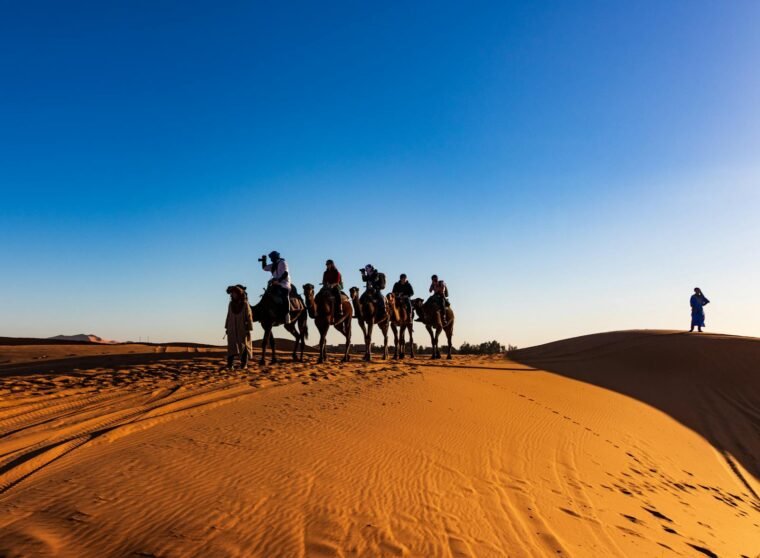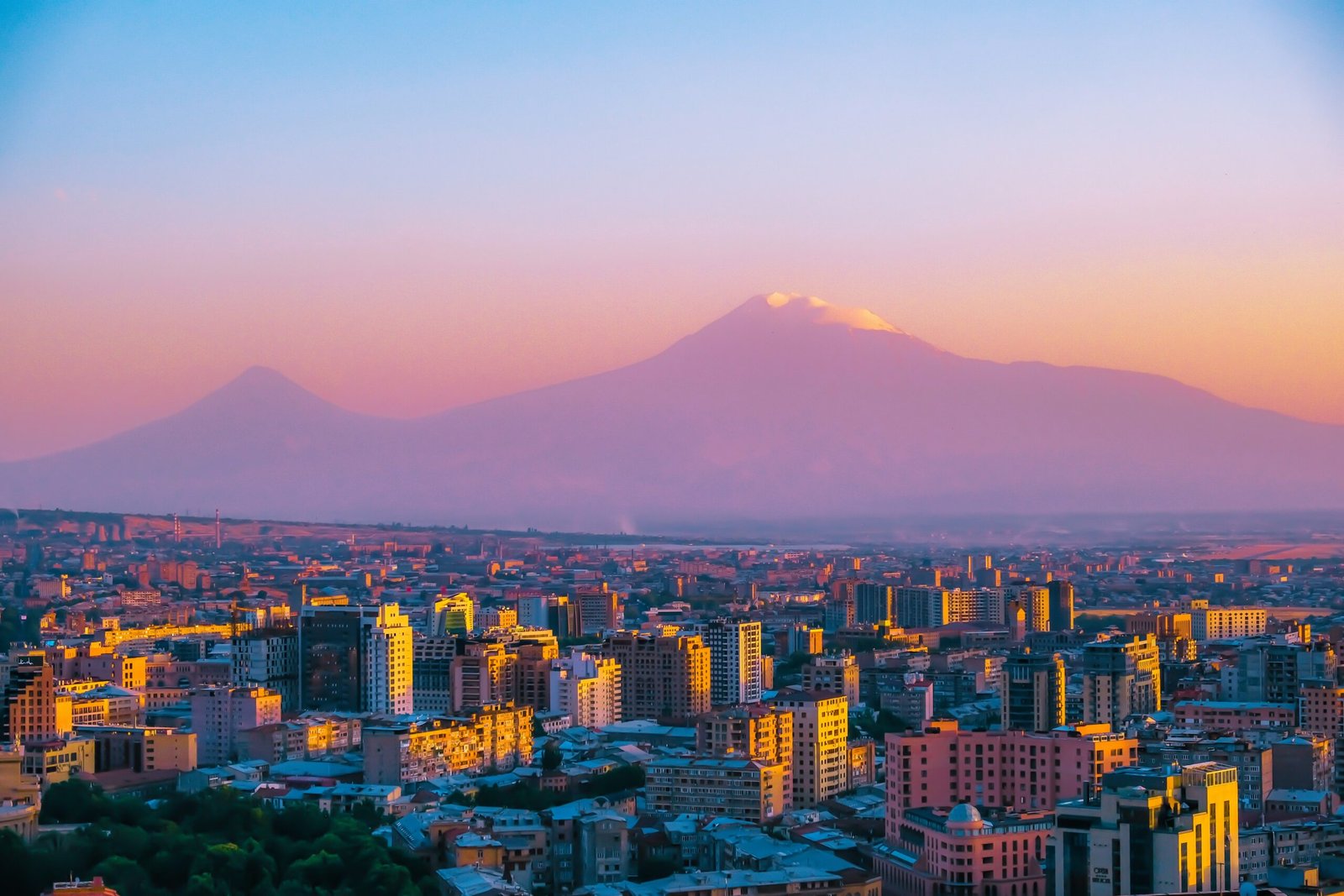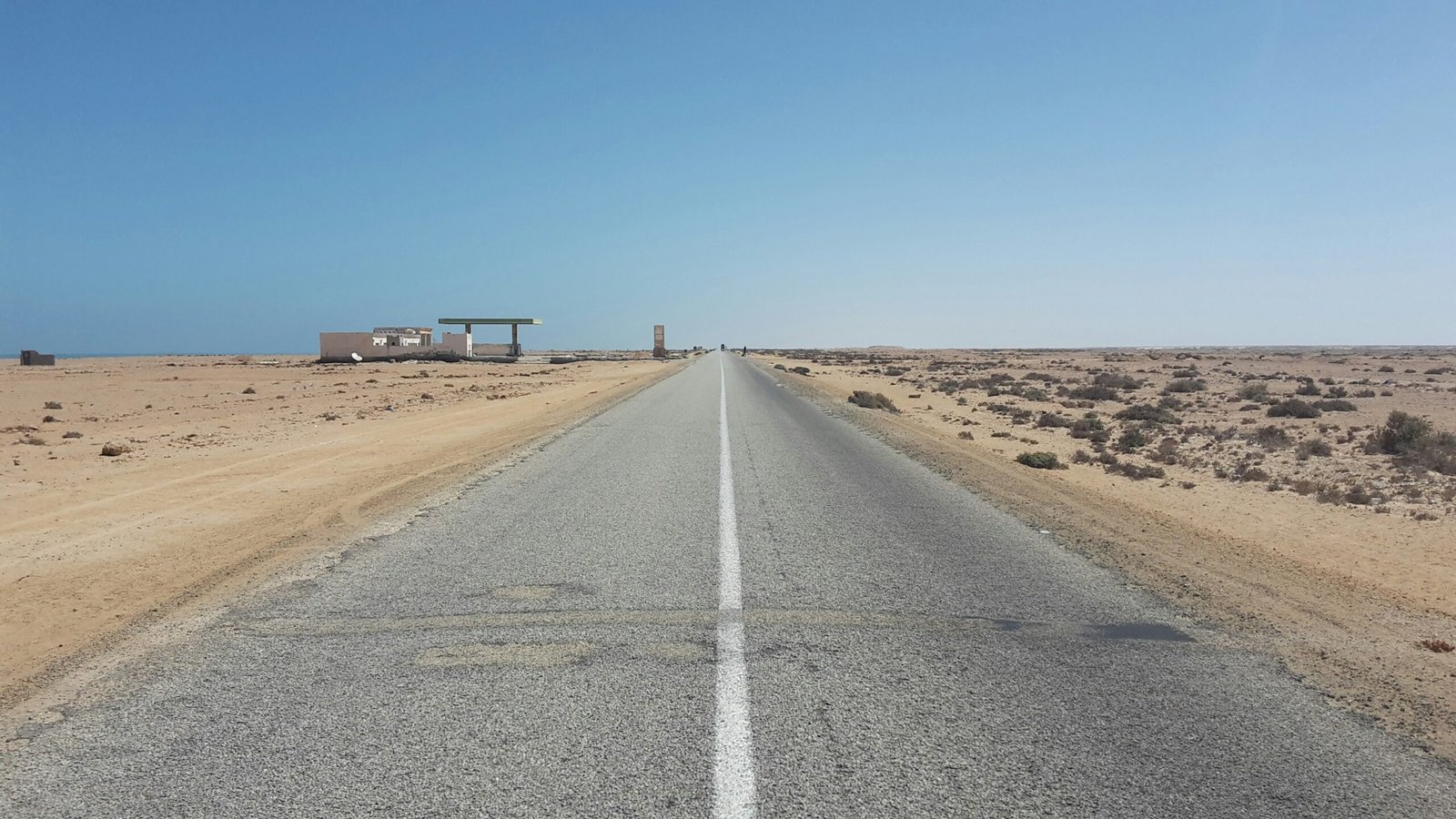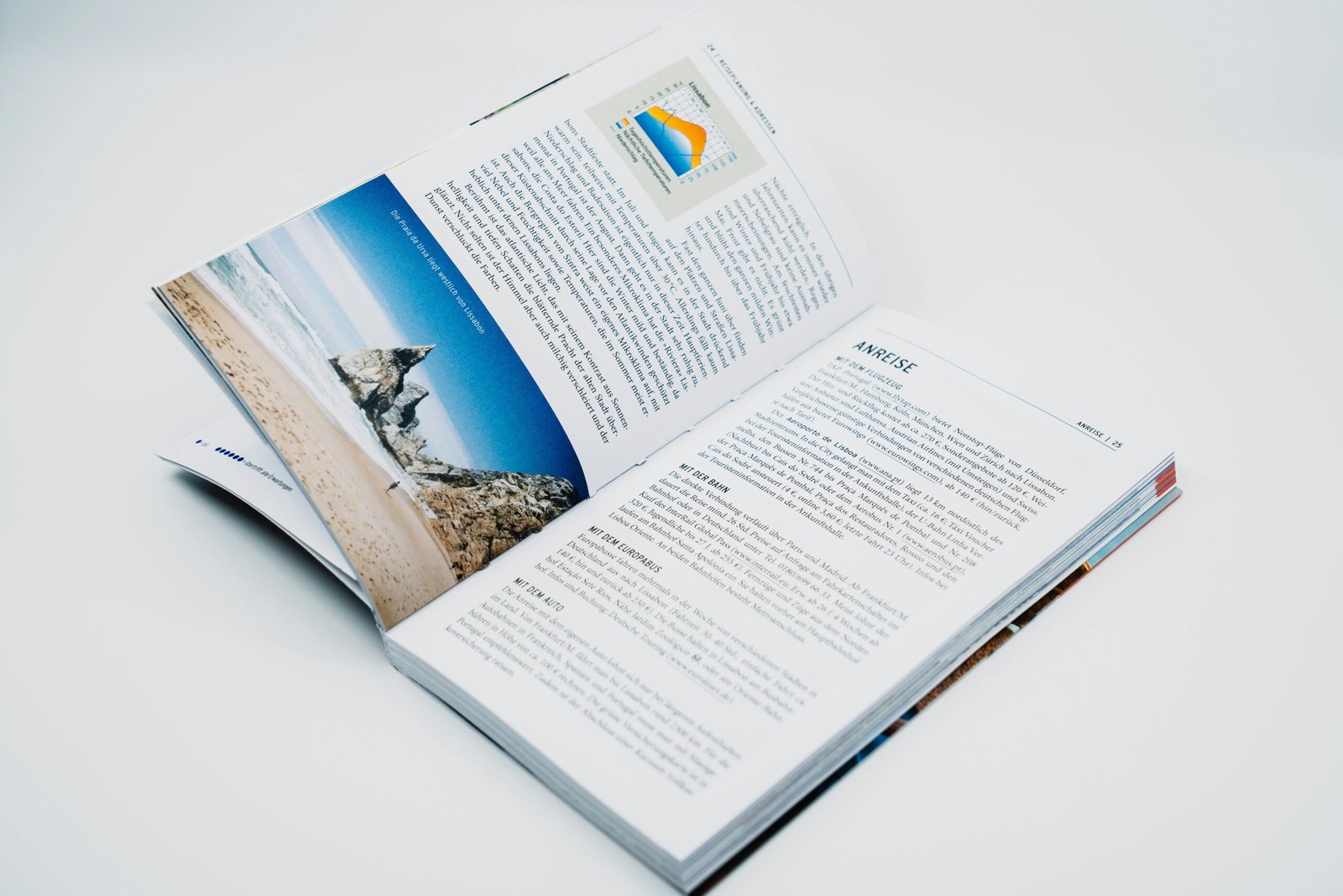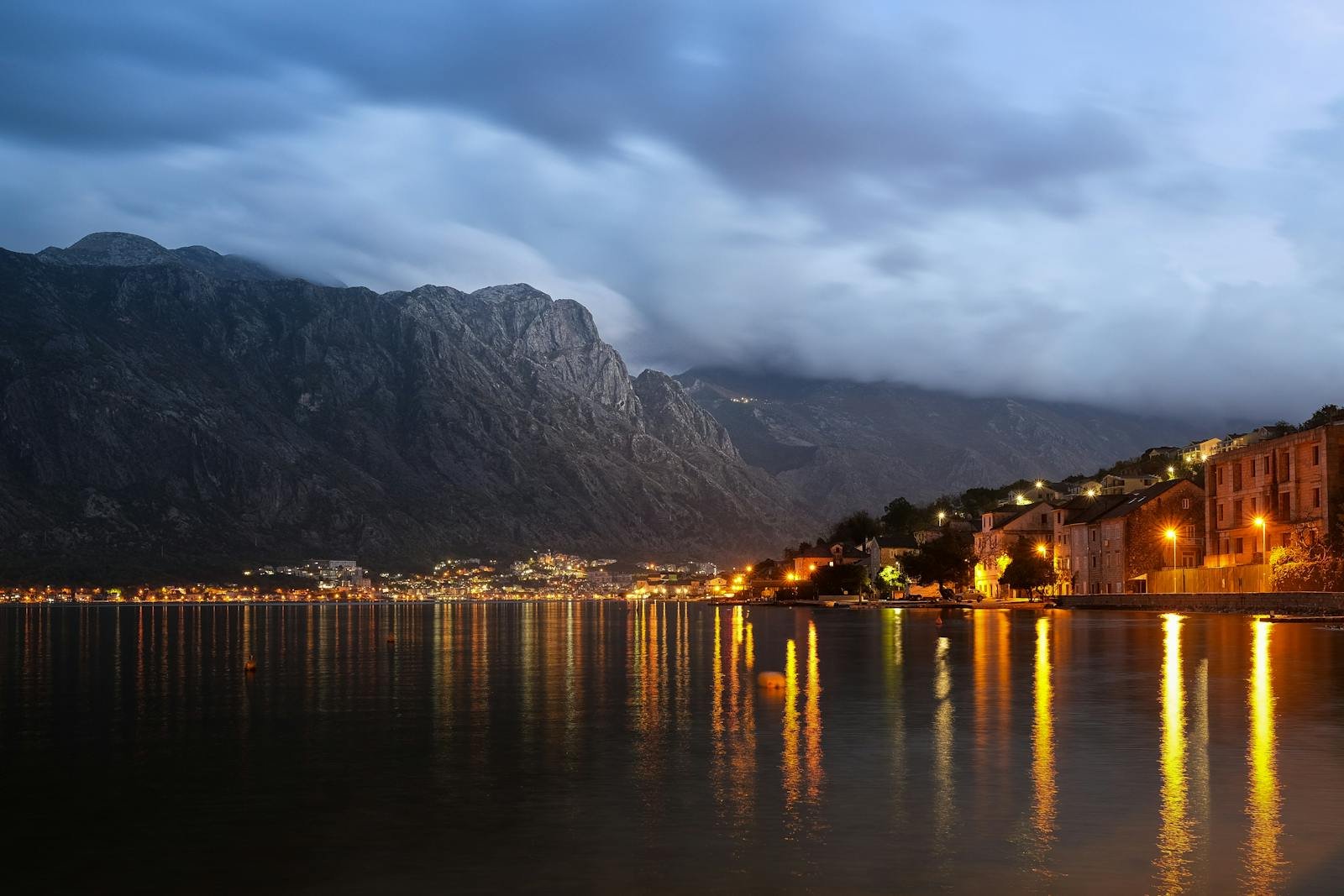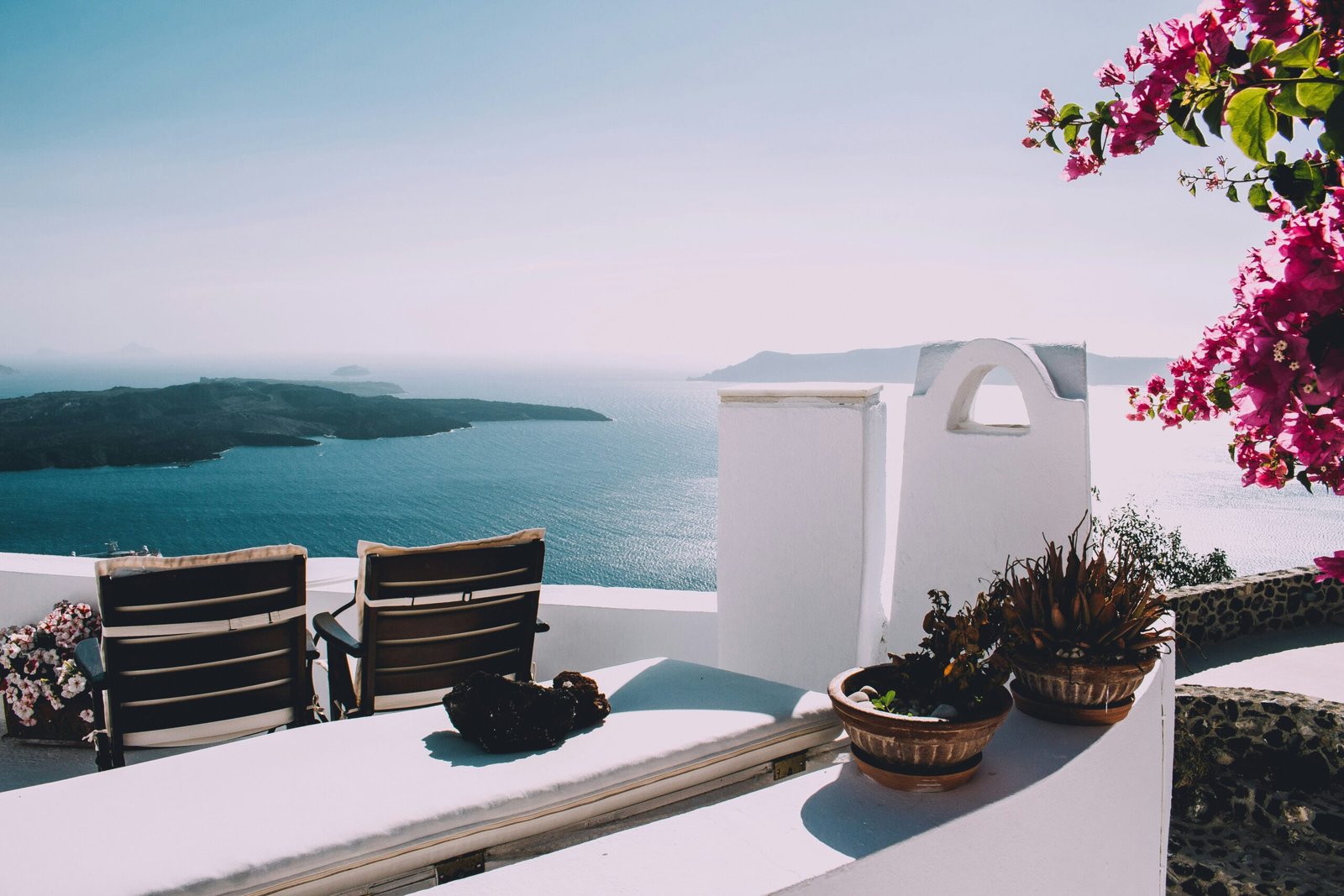Contents
- 1 Preparing for Your Trip to Morocco
- 2 Understanding Morocco’s Major Cities
- 3 Navigating Airports in Morocco
- 4 Choosing the Right Airlines for Your Morocco Trip
- 5 Exploring Iconic Destinations in Morocco
- 6 Finding Comfortable Accommodation – Hotels in Morocco
- 7 Recreation and Adventure Activities in Morocco
- 8 Experiencing Moroccan Folkloric Events
- 9 Best Souvenirs to Bring Home from Morocco
- 10 Reflecting on Your Moroccan Travel Experience
Preparing for Your Trip to Morocco
Traveling to Morocco can be a delightful experience, but proper preparation is essential to ensure a smooth and enjoyable stay. Prior to your departure, it is important to conduct thorough research on Moroccan culture and customs. Understanding the local traditions, such as greeting etiquette and dress codes, can significantly enhance your interactions with the locals and enrich your travel experience.
When packing for Morocco, consider the climate, which varies between regions. While coastal areas enjoy a Mediterranean climate, the inland cities and the Sahara can be extremely hot during the day yet cool at night. Lightweight, breathable clothing is advisable, along with layers for the cooler evenings. Additionally, comfortable walking shoes are essential for exploring bustling markets and historic sites.
Securing necessary travel documents is another critical step in your trip preparation. Most travelers will require a valid passport, and some nationalities may need a visa to enter Morocco. It is advisable to check the most recent visa requirements well in advance of your trip, as they can change. Ensure your passport is valid for at least six months beyond your intended date of departure from Morocco.
In terms of health precautions, it is wise to consult with a healthcare professional regarding any vaccinations that may be recommended before your visit. Common vaccinations include Hepatitis A and Typhoid, as these can be contracted through contaminated food and water. Furthermore, obtaining travel insurance that covers health emergencies is highly recommended to safeguard against unexpected situations while abroad.
By understanding Moroccan culture, packing thoughtfully, securing proper travel documentation, and addressing health precautions, you will be well-prepared for an enjoyable adventure in Morocco.
Understanding Morocco’s Major Cities
Morocco is home to several vibrant cities, each showcasing a distinctive blend of culture, history, and modernity. Among these, Marrakech, Fes, Casablanca, and Tangier stand out as must-visit destinations for any traveler. These cities offer a rich tapestry of experiences, from bustling markets to stunning architectural marvels.
Marrakech is often referred to as the “Red City,” famous for its iconic medina and the bustling Djemaa el-Fna square. Visitors are captivated by the myriad of street performers and the aroma of traditional Moroccan cuisine wafting from local stalls. Notable attractions include the Koutoubia Mosque and the stunning Saadian Tombs, which reflect the city’s historic depth and artistic heritage. The vibrant souks, or markets, create an immersive shopping experience, where tourists can find everything from handcrafted goods to spices.
Moving on to Fes, this city is renowned for its well-preserved medieval architecture and is often considered the cultural capital of Morocco. The Fes el-Bali medina is a UNESCO World Heritage site, known for its labyrinthine streets and rich history, where visitors discover ancient tanneries and traditional artisan workshops. The Al Quaraouiyine University, recognized as the oldest existing university in the world, also forms an integral part of Fes’ historical landscape.
In Casablanca, the largest city in Morocco, modernity meets tradition. The Hassan II Mosque, one of the largest mosques in the world, is a stunning architectural wonder located along the Atlantic Ocean, symbolizing the blend of old and new. Casablanca’s lively nightlife and bustling shopping districts offer a contemporary experience, providing a glimpse into Morocco’s ever-evolving identity.
Lastly, Tangier serves as a gateway between Europe and Africa, offering a unique mix of cultures. Its picturesque medina, the remarkable Kasbah, and the stunning views over the Strait of Gibraltar attract countless visitors seeking to experience its rich cultural fusion. The vibrant art scene and beaches further enhance its appeal.
Overall, each city in Morocco presents distinct attractions and cultural experiences, making them essential stops for an enriching journey through this enchanting country.
Traveling to Morocco begins at one of its major international airports, with Mohammed V International Airport in Casablanca and Marrakech Menara Airport being the most frequented by international travelers. Mohammed V International Airport, the busiest in the country, is located approximately 30 kilometers from Casablanca. This airport serves numerous airlines and offers various services, including currency exchange, duty-free shopping, and dining options. It also features an extensive transportation network with options such as taxis, buses, and private car rentals available for reaching the city and surrounding areas.
Marrakech Menara Airport, on the other hand, lies just 6 kilometers from the vibrant city center of Marrakech. This airport is known for its more relaxed atmosphere compared to Casablanca, catering primarily to tourists heading for the Red City and its picturesque landscapes. Similar to Mohammed V, Marrakech Menara Airport provides essential services, including accommodations, dining venues, and tourist information desks to assist travelers upon arrival.
Both airports have implemented various arrival procedures to streamline travel experiences. Upon landing, it is imperative to follow the airport signage directing travelers to immigration control, where travel documents will be verified. It is advisable to have travel visas and other necessary documentation ready to ensure a smooth passage through customs. Additionally, travelers might want to consider purchasing a local SIM card or arranging for mobile data upon arrival, as connectivity is essential for navigation and communication during their stay.
Upon exiting the airport, visitors can conveniently access transport options such as hotel shuttles, taxis, or ride-sharing services. It is recommended to agree on taxi fares beforehand to avoid misunderstandings and ensure an ideal start to their Moroccan adventure.
Choosing the Right Airlines for Your Morocco Trip
When planning a trip to Morocco, selecting the right airline can significantly enhance your travel experience. Numerous airlines provide services to various cities within Morocco, including major hubs like Casablanca, Marrakech, and Rabat. Depending on your departure location, you may find both direct and connecting flights available.
Airlines such as Royal Air Maroc, Air France, and Iberia frequently operate direct flights to Morocco from major European cities. Royal Air Maroc, the national carrier, is known for its extensive network, often providing the most convenient options for travelers. It’s essential to compare the services offered by these airlines, including in-flight amenities, baggage allowances, and flight frequency, to determine which best meets your needs.
Cost is another critical consideration. Flight prices can vary significantly depending on the season, demand, and how early you book. To secure the best deals, consider setting fare alerts or booking flights during off-peak seasons. Additionally, using flight comparison websites can help you identify the most economical choices while allowing you to filter results based on preferences such as duration, layovers, and airline quality.
When choosing an airline for your Morocco trip, also consider what to expect during your travels. Most airlines operating within and to Morocco maintain a high standard of service. However, it’s advisable to familiarize yourself with the specific policies of your chosen airline, particularly regarding cancellation and change policies, in case your plans shift.
In conclusion, selecting the right airline is a vital aspect of ensuring a smooth and enjoyable journey to Morocco. By evaluating service levels, costs, and convenience, travelers can make informed choices that enhance their overall travel experience.
Exploring Iconic Destinations in Morocco
Morocco is renowned for its breathtaking landscapes and diverse geographic features, each offering unique opportunities for adventure and exploration. Among its most iconic destinations is the Sahara Desert, an expansive region known for its remarkable sand dunes and stunning sunsets. Tourists can embark on camel trekking excursions, allowing them to experience the tranquil beauty of the desert while immersing themselves in the local Berber culture. The nights spent under the stars in traditional desert camps create unforgettable memories and a deep sense of connection to this vast, enchanting landscape.
The Atlas Mountains offer an entirely different but equally captivating experience for visitors. Stretching across the central part of the country, these mountains are home to breathtaking peaks and valleys that provide numerous hiking and trekking opportunities. Enthusiasts can explore the picturesque trails while marveling at the stunning vistas and diverse flora and fauna. The Berber villages located in the mountains also provide visitors with insight into the rich culture and traditions of the region, presenting a unique opportunity to engage with local communities.
In addition to these remarkable inland regions, Morocco’s coastal towns, such as Essaouira, offer a delightful blend of beach relaxation and cultural exploration. Essaouira is known for its historic medina, bustling souks, and the charming waterfront. Tourists can enjoy a variety of activities, from relaxing on sandy beaches to engaging in water sports, such as windsurfing and kitesurfing. With its vibrant atmosphere, Essaouira invites visitors to indulge in local cuisine, including fresh seafood, and partake in the lively arts scene that reflects the town’s unique blend of cultures.
Overall, exploring iconic destinations in Morocco allows travelers to experience the country’s rich heritage while engaging in a wide array of outdoor activities, making each location a significant part of their journey.
Finding Comfortable Accommodation – Hotels in Morocco
When planning your journey to Morocco, one of the most crucial aspects to consider is your accommodation. The country offers a diverse array of hotels, from luxurious resorts to affordable hostels, catering to every type of traveler. Moroccan hotels are not only places to stay but also gateways to immersing yourself in the rich cultural and historical tapestry of the region.
For travelers seeking opulence, luxury hotels in cities like Marrakech and Agadir provide world-class amenities such as swimming pools, spas, and exquisite dining options. These establishments often feature stunning architecture and offer a unique blend of modern convenience with traditional Moroccan design, creating a sumptuous experience for guests. Staying at a luxury resort allows visitors to indulge in the finest Moroccan hospitality while enjoying breathtaking views of the surrounding landscapes.
On the other hand, budget-conscious travelers can explore an extensive selection of hostels and guesthouses. These affordable accommodations are not only cost-effective but also allow for a more communal experience, often facilitating connections with like-minded travelers. Many hostels feature comfortable rooms and communal areas where guests can share stories and recommendations, enhancing your Moroccan travel experience.
In addition to standard hotels and hostels, one should consider traditional Moroccan riads. These charming residences offer a unique insight into local culture, often featuring beautifully decorated courtyards, intricate tilework, and personalized service. Many riads come equipped with amenities such as home-cooked meals and organized excursions, providing a distinctive local experience that goes beyond mere lodging.
Ultimately, selecting the right accommodation in Morocco involves balancing your comfort preferences with the opportunity to experience the local culture and hospitality. With diverse options available, you can find a place that meets your needs, ensuring a memorable stay in this enchanting destination.
Recreation and Adventure Activities in Morocco
Morocco, with its diverse landscapes and rich cultural heritage, offers a wide array of recreation and adventure activities that cater to various interests and skill levels. One of the most popular activities is hiking in the stunning Rif Mountains. This mountain range provides breathtaking scenery that ranges from lush green valleys to rugged peaks. Trails are well marked, and guided tours are available for those who prefer a structured experience. Hikers should consider the season and difficulty level before embarking on their journey, ensuring they are well-equipped with appropriate footwear and hydration.
For those seeking water-based excitement, Taghazout is renowned as a prime surfing destination. This coastal town offers waves suitable for both beginners and experienced surfers. Surf schools and rental shops are plentiful, making it accessible for tourists who wish to take lessons or rent equipment. Safety precautions should include checking local weather conditions, understanding the surf forecasts, and adhering to guidelines provided by instructors to enhance one’s surfing experience.
In addition to these outdoor pursuits, Morocco is home to numerous palaces and gardens that reflect the country’s architectural grandeur. The Majorelle Garden in Marrakech, for instance, is an oasis of exotic plants and vibrant colors designed by the French painter Jacques Majorelle. Visitors can stroll through the paths and enjoy the serene atmosphere. Similarly, the Royal Palace in Fez offers a glimpse into the past, showcasing intricate craftsmanship and historical significance. It is advisable to respect local customs and follow any guidelines when visiting these sites.
Overall, engaging in recreational and adventure activities in Morocco can be a rewarding experience. By planning accordingly and prioritizing safety, tourists can immerse themselves in the country’s natural beauty and cultural richness, ensuring a memorable visit.
Experiencing Moroccan Folkloric Events
Morocco’s rich tapestry of culture is vividly expressed through its folkloric events, which play an essential role in the nation’s identity. These traditional festivities, music performances, and art exhibitions are deeply rooted in local customs, offering visitors a unique glimpse into the vibrant Moroccan heritage. Each region boasts its own signature celebrations, which are often tied to historical or agricultural milestones, providing both locals and tourists with an opportunity to engage in the communal spirit.
One of the most notable events is the Festival of World Sacred Music in Fez, which attracts artists and audiences from around the globe. This annual event, held in the historic city of Fez, showcases a diverse range of spiritual music, turning the city into a melting pot of cultural expression. Visitors can enjoy performances that transcend borders, allowing them to experience the unifying power of music.
Another significant event is the Marrakech Popular Arts Festival, where the streets of the city come alive with colorful parades, traditional dance performances, and captivating storytelling sessions. This festival is a true celebration of Moroccan folklore, featuring local artists who display their skills in various crafts and trades. By attending these performances, tourists can gain a deeper appreciation for the craftsmanship and artistry that define Moroccan culture.
Furthermore, the annual Gnaoua World Music Festival in Essaouira is a confluence of local traditions and global musical influences. This event not only promotes the Gnaoua music style, which has African, Berber, and Arabic origins, but also creates a platform for international artists, thereby enriching Morocco’s cultural landscape. Tourists are encouraged to participate in workshops and open jam sessions, fostering a sense of community and shared experience.
Engaging in these folkloric events allows visitors to develop a more profound understanding of Moroccan traditions and societal values. As you plan your visit, consider aligning your itinerary to coincide with such festivals for an unforgettable cultural experience that showcases the heart and soul of Morocco.
Best Souvenirs to Bring Home from Morocco
Morocco is renowned for its vibrant culture and rich artistic heritage, making it a treasure trove for travelers seeking memorable souvenirs. From handmade textiles to intricate ceramics, the variety of crafts available reflects the country’s history and traditions. One popular choice is Moroccan rugs, particularly the Berber rugs, which are handwoven and feature unique designs. Purchasing these textiles not only supports local artisans but also provides a functional and beautiful piece of home decor.
Another distinctive souvenir is Moroccan ceramics, which are known for their bold colors and intricate patterns. Often sold in local markets, items such as tagine pots, bowls, and tiles can serve both decorative and practical purposes. When shopping for ceramics, look for hand-painted pieces, as mass-produced items may lack the authenticity appreciated by many collectors.
Moreover, Morocco’s famed spices are an excellent addition to your culinary arsenal. Items like ras el hanout, saffron, and preserved lemons can easily transport your palate back to the flavors of Morocco. Visiting local spice markets, especially in cities like Marrakech, will allow you to curate a unique selection of these aromatic ingredients. Consider buying spices in bulk to save on cost while ensuring freshness.
Traditional jewelry, especially pieces crafted from silver and featuring intricate designs, is also a sought-after souvenir. The innovation of Moroccan artisans can be discerned in items such as Berber necklaces, bracelets, and rings. Markets and souks are the perfect locations to discover these treasures.
When shopping in the local markets, engaging in negotiation is customary, so be prepared to haggle for the best price. Establishing rapport with vendors can lead to better negotiations, and it is always insightful to inquire about the origin of the crafts to ensure their authenticity. Choosing souvenirs that embody the spirit of Morocco will not only enrich your travel experience but also serve as a cherished reminder of your journey. In conclusion, captivating textiles, ceramics, spices, and jewelry showcase Morocco’s rich cultural tapestry and make for exceptional keepsakes.
Reflecting on Your Moroccan Travel Experience
Traveling through Morocco can be an enriching experience filled with vibrant cultures, stunning landscapes, and warm hospitality. Once your journey concludes, it is essential to take a moment to reflect on your adventures and their lasting impact. Engaging in self-reflection can enhance your appreciation for Moroccan culture and the unique encounters you had during your trip.
A fruitful way to process your experiences is to maintain a travel journal. Documenting your thoughts and observations can help in retaining memories of the bustling souks of Marrakech, the tranquil Sahara desert, or the stunning coastal views of Essaouira. By committing your reflections to paper, you create a personal archive of your journey, which can serve as a poignant reminder of your travels and the lessons learned along the way. Whether you jot down specific anecdotes, new insights, or your emotional impressions, journaling can deepen your understanding of Moroccan heritage.
Moreover, sharing your experiences with friends and family can further enrich your reflections. Engaging conversations can spark interest in Moroccan culture and traditions, displaying the allure of this fascinating destination. Presenting your favorite stories, photos, and souvenirs allows loved ones to be part of your journey, opening the door for them to consider their own travels in Morocco.
As you reflect, think about how your visit has influenced your appreciation for the diverse cultures housed within Morocco. Did your travels challenge any preconceived notions or expand your worldview? Considering these questions can enhance your understanding of not just Morocco, but also the broader context of cultural exchange. Lastly, if your Moroccan journey sparked a desire for further exploration, consider returning to uncover more of this beautiful region or discover neighboring countries. The opportunities for adventure and learning are limitless.

